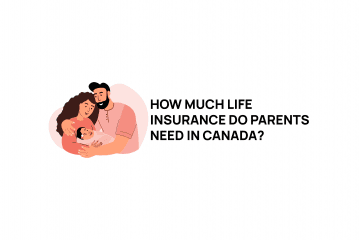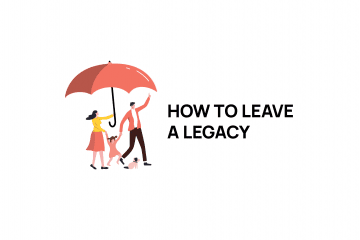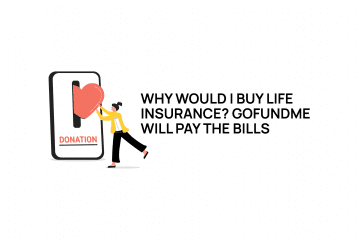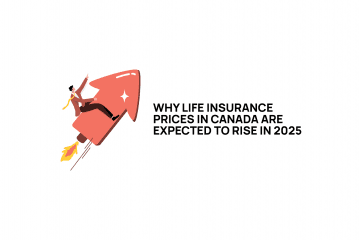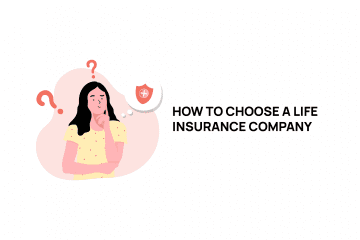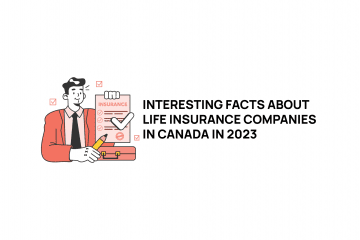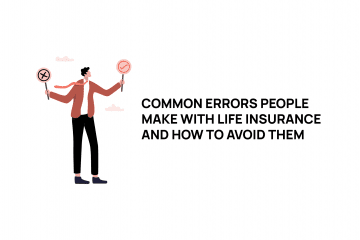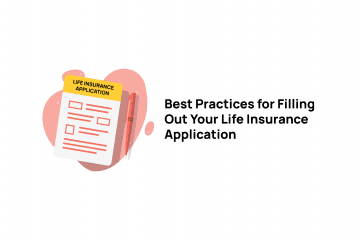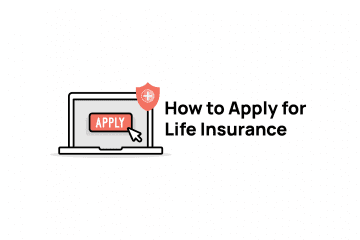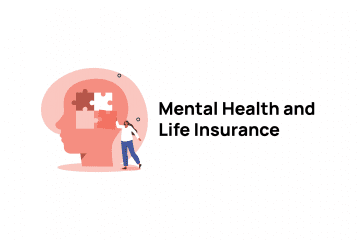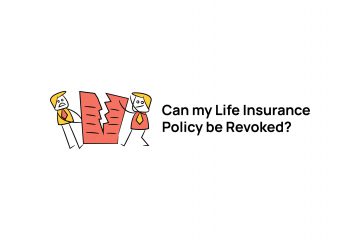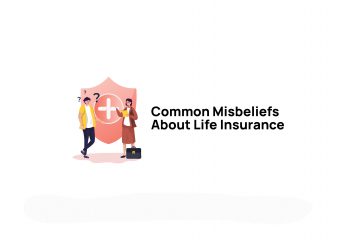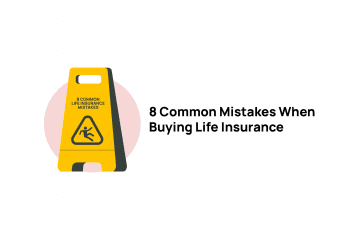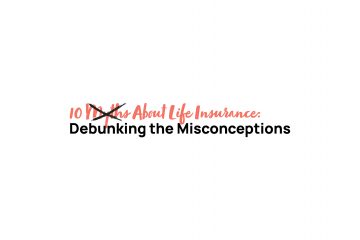I hope you’re cardio is up to speed for the treadmill portion of your life insurance medical exam. OK, seriously – life insurance medical exams are far less onerous and difficult than most people believe. The ‘medical’ exam isn’t a fitness test. It would be more aptly named a ‘medical history disclosure’. And the word exam is a bit frightening because it’s not a test, it’s more just a transfer and disclosure of information.
There are varying levels of medical exams based on the amount of life insurance coverage you are purchasing, but for most of us the medical exam will be split into two parts – a physical part and a questionnaire part.
The insurance company will have a nursing or paramedical company call you to book an appointment at your convenience, in the comfort of your own home. You should book the exam first thing in the morning before you have anything to eat or drink if possible. Don’t exercise beforehand, and certainly don’t have anything like your morning tea or coffee.
The physical part of your life insurance medical exam:
When the paramed visits, have them do the physical part first. It will likely consist of simply your height and weight, your heart rate and blood pressure, and a very quick urine and blood test. That’s it! No hospital gowns required, just make sure you’re wearing a shirt that’s loose enough to allow you to roll up your sleeves.
For larger amounts of coverage (mostly 1 million and higher) and older clients (age 65 and older) the insurance company may also ask for an ECG. The paramedicals have portable ECG units, you’ll simply lie down on your couch or bed. They’ll attach the little stickers and in about 10 seconds you’re done. In most cases though an ECG is not required.
That wasn’t that hard was it? Just height and weight, blood pressure and heart rate, and a quick blood and urine, done during an early morning appointment.
The questionnaire part of your exam:
After you’ve done your quick 5 minute physical portion, the paramedical will sit down with you (you can now have your morning coffee or tea) and ask you a series of medical questions. The questions are designed to get a complete picture of your entire medical history. It’s very important to answer all questions, not just honestly, but completely and in detail. The questions will basically be ‘tell me everything about your eyes and ears’, ‘now tell me everything about your skin and bones’, ‘now everything about your stomach and kidneys’.
Some companies these days will alternatively ask you the medical questions by phone, separately from the paramedical’s visit.
Some specific points about answering the questions:
- More detail is better than less. Dates, doctors, symptoms, treatments, resolutions, provide all of that and more. If something is completely resolved, mention this as well. Things that are tied up in a bow and over with are easy for the insurance company to evaluate. If symptoms, conditions, or treatment are ongoing, describe the current level of any of those – i.e. symptoms reduced or eliminated by treatment.
- Don’t be concerned about getting answers ‘right’. It’s not an exam. There are no right or wrong answers – there are seeking information to evaluate, not giving you a passing grade.
- If you have a medical concern, speak to your agent first. Frankly, many of the things that consumers believe will impact their ability to get life insurance are unfounded. Other things consumers believe are insignificant are important (thus the reason to provide full details on everything). There’s no stock answer as to what to do ahead of time if you have a medical concern, you’ll need to discuss each case with your broker individually. Diabetes may require one solution, cancer something else.
- Listen to the question in detail and respond accordingly. Be aware that most of the questions are not as simple as ‘have you ever had’ but instead are along the lines of ‘have you ever had, had symptoms of, treatment for, or investigations into….’. Those chest pains you had where they tested you for a heart attack and it turned out to be a combination of too much coffee and a hard day at work? You had symptoms of and investigations into a heart attack – so disclose this. Of course also mention that you’ve backed off on the coffee a bit too.
- Don’t assume questions have the words ‘as it applies to life insurance’ tacked on the end. In other words, don’t prejudge if the insurance company will care about something – tell them everything even if it’s ridiculous, inconsequential, and completely unrelated to life insurance. For example, when they ask you if you’ve ever had treatment or investigation into your eyes the correct answer is not ‘my eyes are fine’. The correct answer is ‘I see an optometrist every 2 years for complete eye tests, and am prescribed daily use contact lenses’ (if in fact you see an eye doctor every two years and wear lenses). What’s that have to do with life insurance? Probably nothing, but don’t make that assumption. Tell them everything, let the insurance company figure out if they care or not. If it doesn’t matter, they’ll simply ignore it. If it does matter and you omitted it, that can result in a denial of your claim.
In short, be as full and complete and detailed as you can be when answering the questions. Despite what you may understand intuitively, doing so will actually help your purchase of insurance, help prevent the company from denying a life insurance claim, and can lead to getting cheaper rates.
That’s it – a real quick once over physically, take some measurements and pee in a bottle, then some time describing your entire medical history giving them full details. No pass or fail, and certainly not something be become stressed over – so don’t be nervous!
Please contact us if you have any additional questions or request a quote .


